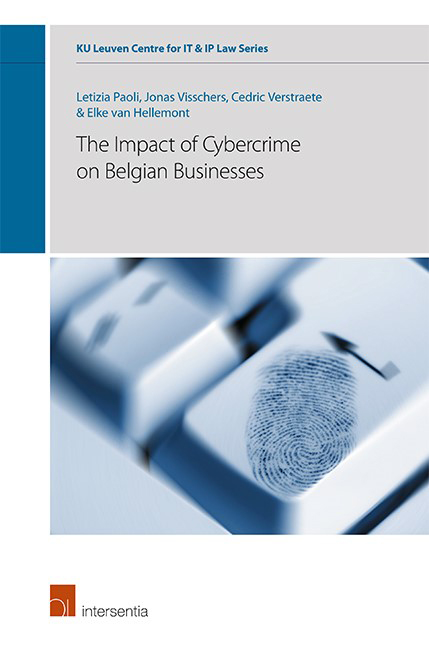Book contents
- Frontmatter
- Foreword
- Acknowledgements
- Contents
- List of Tables
- List of Figures
- Introduction
- Chapter 1 Literature Review
- Chapter 2 Conceptualization of the Key Concepts
- Chapter 3 Research Design
- Chapter 4 The Results of the First Wave
- Chapter 5 The Results of the Second Wave
- Chapter 6 Comparison of the Two Waves
- Chapter 7 Conclusions, Research and Policy Implications
- References
- Appendix
Foreword
Published online by Cambridge University Press: 31 January 2019
- Frontmatter
- Foreword
- Acknowledgements
- Contents
- List of Tables
- List of Figures
- Introduction
- Chapter 1 Literature Review
- Chapter 2 Conceptualization of the Key Concepts
- Chapter 3 Research Design
- Chapter 4 The Results of the First Wave
- Chapter 5 The Results of the Second Wave
- Chapter 6 Comparison of the Two Waves
- Chapter 7 Conclusions, Research and Policy Implications
- References
- Appendix
Summary
This is the fourth book to be published in the series launched by the KU Leuven Centre for IT & IP Law (CiTiP) in 2018. The work collects the results of one of the work packages within the larger research project Belgian Cost of Cybercrime (BCC), funded by the BELSP0 – the Belgian Service Science Policy Office. BCC was a four-year interdisciplinary research project on the cost and impact of cybercrime in Belgium. The project started in December 2013 and ended in August 2018.
The project was set up on the basis of expertise gained by B-CCENTRE, which was the first main platform for collaboration and coordination with regard to cybercrime matters in Belgium. B-CCENTRE was initiated and coordinated by CiTiP's predecessor ICRI and managed by Ann Mennens. It further comprised the collaboration of several academic research groups, industry players as well as public organisations (law enforcement, judges and policymakers).
The BCC project started from the assumption that, while information technology has been offering unprecedented opportunities to the Belgian society and economy, it also created new opportunities for, and vulnerabilities to, crime. Cybercrime can cause serious harm to individual and corporate internet users and compromise communication, e-commerce, financial and other services that rely on digital information and infrastructure. The BCC project aimed at systematically investigating and assessing the impact (i.e., costs or harms to material interests and non-material harms) of cybercrime on three levels: society, government and industry. Five teams of researchers at the KU Leuven and the University of Ghent have pooled their expertise in computer science (Distrinet and Cosic), criminology (LINC), communication sciences (MICT) and law (CiTiP), to jointly perform this research project under the coordination of the KU Leuven Centre for IT & IP Law (CiTiP).
The deliverables on the various work packages of the project are published on the website https://bcc-project.be/. The present book consists of an enhanced publication of the results of two survey waves amongst Belgium-based businesses carried out by researchers of the Leuven Institute of Criminology (LINC).
- Type
- Chapter
- Information
- The Impact of Cybercrime on Belgian Businesses , pp. v - viPublisher: IntersentiaPrint publication year: 2018
- 1
- Cited by



